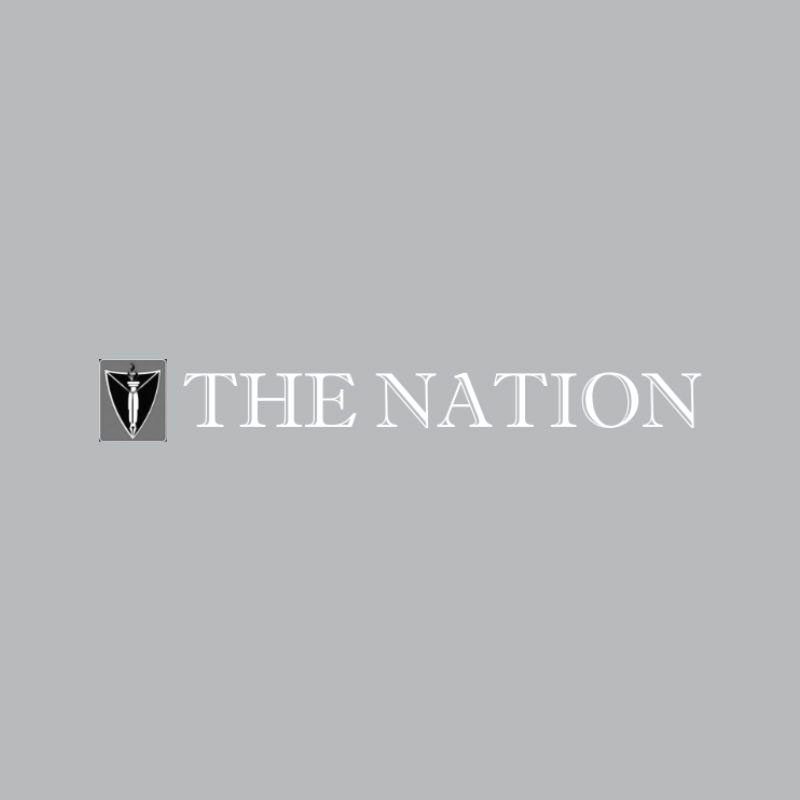
Former President of the United Nations General Assembly, Prof. Tijjani Muhammad-Bande, has said that the United Nations (UN) remains a vital institution for maintaining global peace, promoting justice and fostering cooperation among nations.
He stated this yesterday at the Nigerian Institute of International Affairs (NIIA), Lagos, while delivering a Foreign Policy Lecture titled: “Relevance of the United Nations in World Order.”
Muhammad-Bande, who is also Nigeria’s Permanent Representative to the UN, described the global body as “the epicentre of international diplomacy,” noting that it has continued to evolve with changing global realities since its establishment in 1945.
“At this juncture in human history, avoidance of war among major powers is a must.
“Predictability and the certainty of rules and norms are crucial to sustaining a just world order,” he said.
He highlighted the UN’s achievements in peacekeeping, decolonisation, humanitarian assistance, and sustainable development, but also acknowledged challenges, particularly the veto power of the five permanent members of the Security Council, which he said often limits the organisation’s effectiveness.
“When powerful nations violate the UN Charter and no action is taken, the credibility of the organisation is questioned,” he said, citing the ongoing conflicts in Gaza, Ukraine and some African regions.
Muhammad-Bande urged African countries to take a more active role in global governance by strengthening democratic institutions, regional cooperation, and diplomacy.
He also called on Nigeria to maintain a consistent foreign policy and to properly fund its missions abroad.
“Nigeria must stand for justice and fairness for all, especially those who are marginalised,” he said. “Africa’s future depends on its ability to silence the guns and speak with one voice in global affairs.”
Muhammad-Bande concluded by stressing the importance of multilateralism in solving global problems, saying, “Nigeria and Africa must contribute positively to the evolution of a fairer and more just world order.”
In his remarks, the Director-General of the NIIA, Prof. Eghosa Osaghae, described the lecture as timely, adding that it offered deep insights into the current challenges facing the international system.
The DG, who was represented by Associate Professor Chinasa Ohiri, lauded Muhammad-Bande for his contributions to global diplomacy and restated the NIIA’s commitment to promoting informed discussions on Nigeria’s foreign policy direction.
“At a time when the world faces multiple crises, including conflicts, climate change, and technological disruptions, Nigeria must continue to play a leading role in advocating peace and cooperation,” Osaghae said.
He explained that the Foreign Policy Lecture Series are part of the Institute’s efforts to provide a platform for dialogue on international affairs and Nigeria’s role in promoting global stability.



